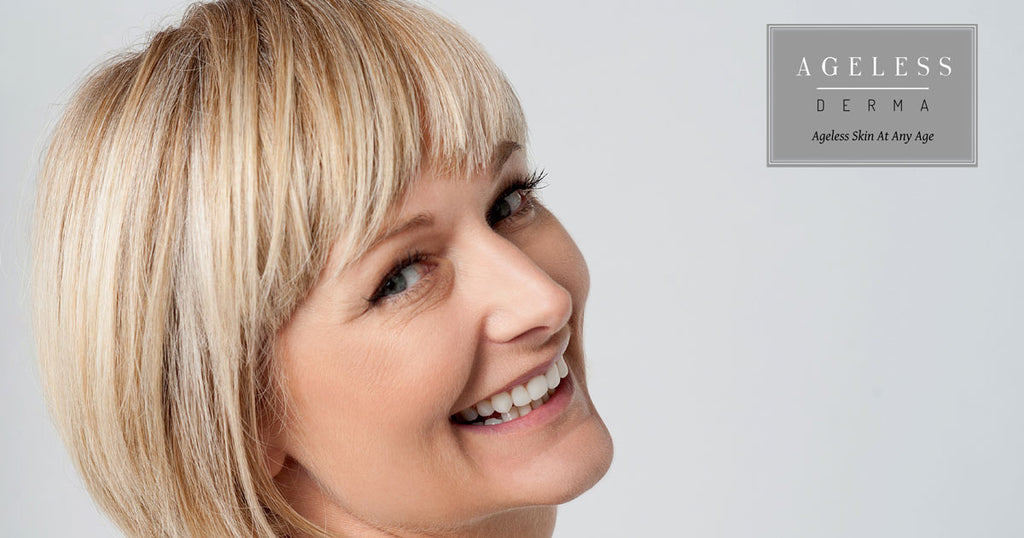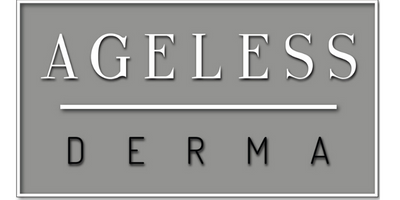
If you are in search of anti-aging products, you may have probably come across many different types of ingredients featured on the labels. As the beauty industry constantly evolves, a number of new ingredients that claims to enhance and improve the skin can be pretty overwhelming. One of the most popular anti-aging ingredients today is Retinol. Retinol is also known as retinoic acid and it is one of the most exceptional anti-aging ingredients found in many skincare products. A lot of research shows that Retinol can be highly beneficial to the skin as it features powerful effects that diminish the appearance of fine lines and wrinkles. But what exactly is retinol? Is it safe for the skin? How do you know if a retinol skincare product actually works for your skin?
What is Retinol?
Retinol is a chemical in the retinold group and a form of vitamin A. The retinold compound also includes tretinoin, a prescription only anti-aging ingredient. Retinol is popular because it can be bought over the counter without a prescription. It is also able to permeate the skin to connect with the elastin and collagen that lie beneath the surface. Vitamin A is essential to collagen and elastin to keep the skin taut and firm. – Dr. Farid Mostamand, author of Ageless Skin Obsession
Benefits of Retinol for Youthful Skin
Retinol is basically Vitamin A derivative that helps the skin to regenerate healthier skin cells. As a result of the much faster skin cell production turnover, the skin becomes smoother, softer and healthier. It also increases moisture retention which helps keep the skin dewy-looking and hydrated.
Retinol for Dry Skin
Dr. Farid Mostamand also adds that “Retinol is a good moisturizer as it rehydrates the skin and ensures that the skin oils are at their proper levels.” Dry skin is a very uncomfortable skin condition whereas one experiences itching, scaling and redness. Whether your dry skin is caused by the climate or a certain medical condition, it can be relieved with the use of the right set of skincare products. As retinol is proven to effectively supply hydration deep into the skin, it serves as a perfect ingredient to treat dryness. It improves your skin’s ability to store water which therefore results to properly-hydrated skin that lasts.
Retinol for Acne-prone Skin
Retinol is also good for treating acne. As a matter of fact, a lot of dermatologists prescribe retinol creams to their patients suffering from Acne Vulgaris. Acne is usually caused by the blockage of pores which leads them to being inflamed. Retinol also has excellent exfoliating features that gently scrape off dead skin accumulated in the epidermis.
Dead skin that forms on the skin’s outer layer is one of the causes why the pores are clogged. As retinol works its way to exfoliate, it also speeds up skin cell regeneration in order to allow the skin to form newer, healthier cells.
Retinol for Mature Skin
As what was previously mentioned, retinol is an amazing anti-aging ingredient. Retinol works efficiently into the deeper layers of the skin which results to firmer, softer skin. Since retinol enhances the skin’s firmness, the appearance of fine lines, wrinkles and sagging skin is visibly diminished over continuous usage.
Dr. Rachel Nazarian of Schweiger Dermatology Group mentions “Using a well-formulated and stable product with retinol will visibly reduce the appearance of sun damage, brown spots, lines, wrinkles and large pores.
Its magic is in its ability to resurface the skin’s texture for a smoother, more even-toned look." Additionally, retinol does not only focus on making the skin firmer but also helps reduce brown spots – another common sign of aging skin.
How Often Should You Use Retinol?
It is true that all skincare ingredients have different effects on different individuals. As for retinol, yes, it features a lot of great benefits to the skin. However, it can cause mild irritation to those with hypersensitive skin when used too much. This mild irritation may be in the form of a slight itch or subtle redness, but reactions like these are normal.
Furthermore, skin reactions brought by retinol are usually short-lived and will go away in just a few hours. According to Dr. Farid Mostamand, founder of Ageless Derma, “Retinol skincare products should be used in the evening, because they make the skin more sensitive to sunlight.”
While retinol is quite an amazing ingredient on its own, it is still highly recommended to consult your dermatologist about it. Especially if your skin has special needs or if you are suffering from chronic skin problems, it is definitely wise to know straight from the professionals if retinol is good for you.
Liquid error (templates/article line 10): Could not find asset snippets/relatedblogs.liquid

